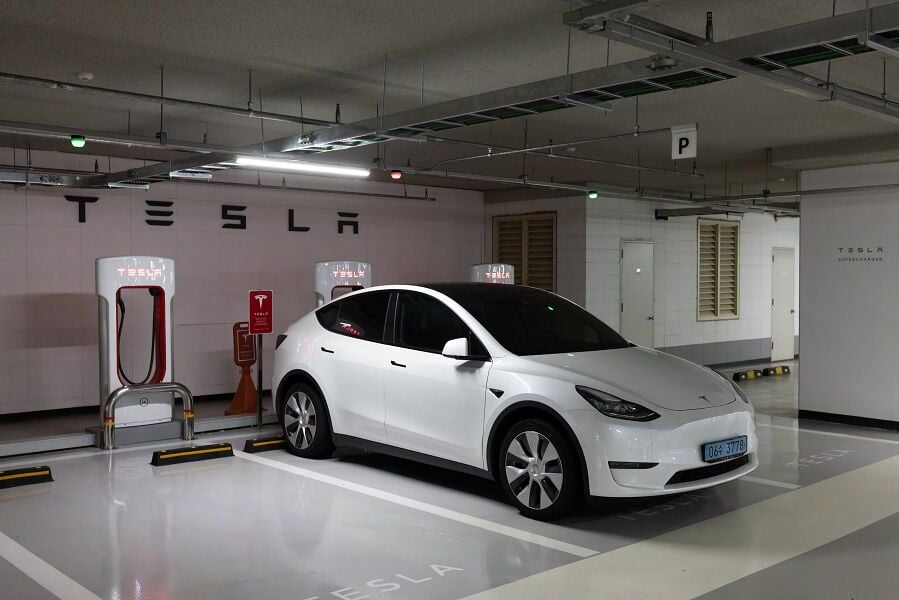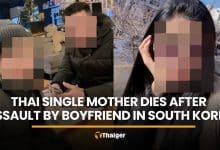Tesla’s South Korea sales slump amidst safety concerns, subsidy cuts

Tesla Inc’s sales in South Korea took a hit in January, with the company selling only one electric vehicle (EV) in the entire month. The Austin-based automaker faced a range of challenges, including safety concerns, pricing issues, and inadequate charging infrastructure.
Data from the Korean trade ministry and Seoul-based researcher Carisyou revealed that the single sale of a Model Y SUV was Tesla’s poorest performance since July 2022, when it did not sell a single vehicle. The overall number of new EV registrations across all automakers in Korea plummeted by 80% in January compared to December, according to Carisyou’s data.
The EV market in South Korea is witnessing a dwindling interest due to various factors. Rising interest rates and inflation caused consumers to cut back on spending. Fear of battery fires and a scarcity of fast charging stations are also discouraging potential customers. Last year, Tesla’s China-manufactured Model Y was among the top sellers, so the recent poor sales indicate a significant shift in the market.
Lee Hang-Koo, the leader of the Jeonbuk Institute of Automotive Convergence Technology, explains that early adopters have already purchased EVs, but the mass-market consumers are not ready to buy yet. Tesla’s association with China is also affecting its popularity in South Korea.
Lee stated that most Koreans who wanted to buy Tesla cars have bought one.
“Some people don’t like Tesla recently after discovering that some of them are made in China. He added that there are concerns about the quality of the manufacturing.”
The seasonal fluctuation in demand also impacts South Korea’s EV sales. Many people refrain from buying vehicles in January as they anticipate the government’s announcement of subsidies. A representative from Tesla in Korea told Bloomberg News that customers postponed their EV purchases until the subsidies were confirmed.
However, Tesla is also struggling with this issue. The company priced the Chinese-made Model Y at 56,990,000 won (US$43,000) in July 2023, which was under the 57 million won threshold. This pricing allowed the car to qualify for a full government subsidy. However, the limit has been reduced to 55 million won for 2024, announced on Tuesday, thereby slashing the subsidy for Tesla’s Model Y by half, reported Bangkok Post.
Latest Thailand News
Follow The Thaiger on Google News:


























